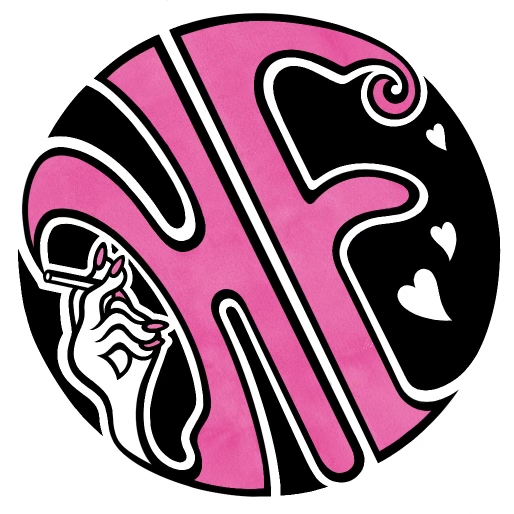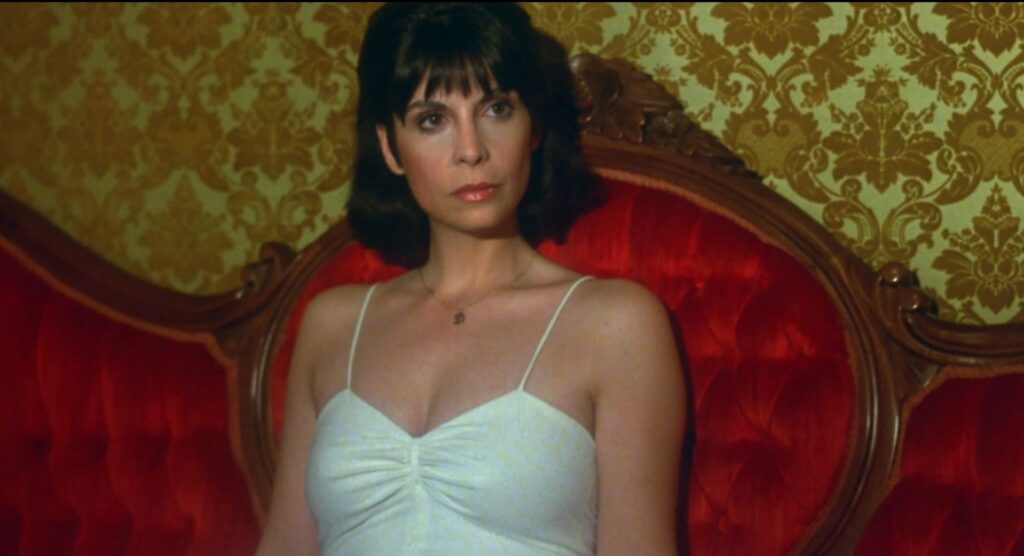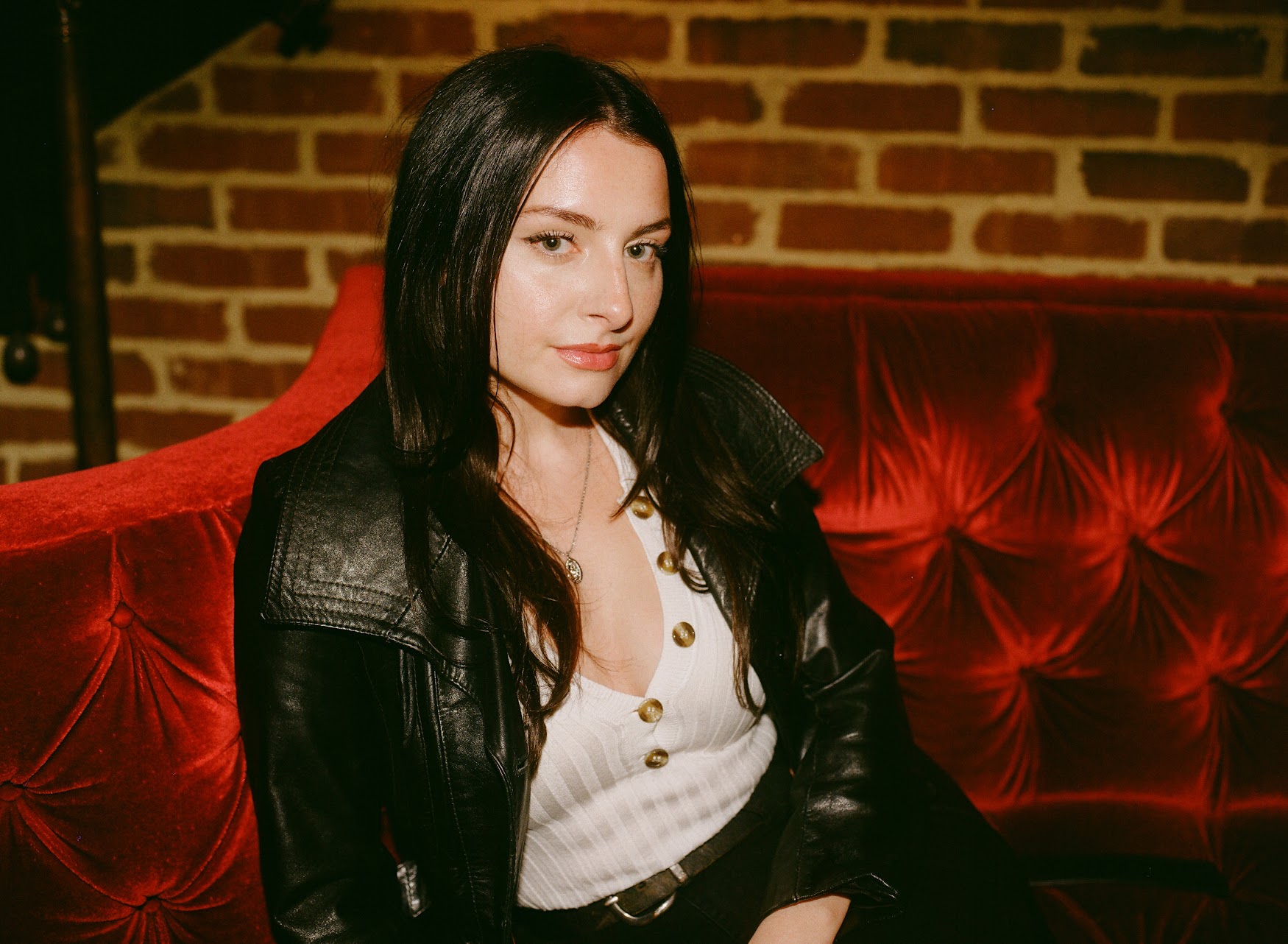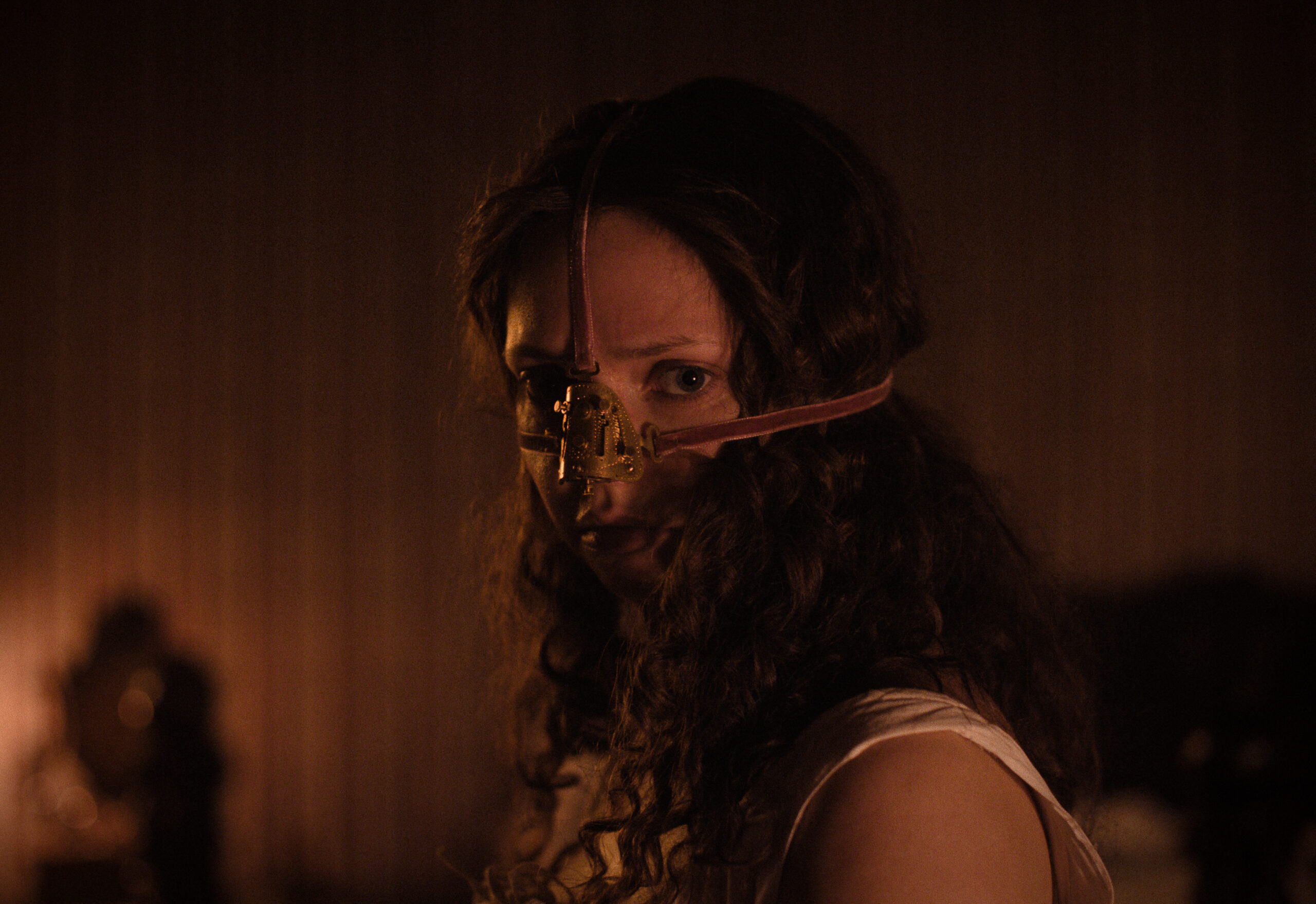In Old Boyfriends, Dianne (Talia Shire) takes a look at the great loves of her life and asks herself the question we’re often too young or unsure to even know to ask: Who was I when I loved them? She doesn’t ask why she loved them, that she seems to know. But the who of it all? Recognizing your capacity for change and nonjudgmentally approaching your past selves with curiosity and understanding? Getting that kind of nuance in 1979 when we’re still begging for it in 2025 is a downright miracle.
Dianne’s on a road trip in reverse. She knows where the road ends, a marriage that failed, and she rejects it. This isn’t the ending she wants, so she starts driving back to where she came from, visiting all the great loves of her life along the way. Her goal? Easy: “If I could figure out who I was when I loved them, I would know who I am now, and maybe love myself, too.”
Talia Shire’s performance as Dianne is eternal. She’s a self-assured mess of a 30-something, the kind of female character where every time she appears it’s as if she’s never existed before. Oh, that we could live in a world where we were bored of her! That we were drowning in depictions of her! That a 46-year-old movie wouldn’t still feel so goddamn revolutionary!
Shire knows exactly how to stride the line between uncertainty and curiosity, self-assuredness and self-destruction. Her journey goes from her imploded marriage to the college boyfriend she thought she’d marry, to the selfish and cruel high school cad, to her idealized childhood romance. She melts ever so slightly into each version of herself, however subtly, and it’s hard not to be totally in awe of her.
This isn’t High Fidelity, all masculine rage and entitlement and willful obtuseness. She’s not demanding answers from them — after all, what the hell do they know? She demands them only of herself, which is a bold and brazen thing to do in an era where a failed relationship meant she couldn’t keep a man. Diane doesn’t accept that blame. That she can approach her past with a sense of curiosity, not judgement, nevermind that she’s prioritizing that curiosity, reads to anyone aware of her journey as a woman in the middle of a mental breakdown. How reductive.
Instead, Diane asks what kind of person loved these men, and is she still that same person now? Is part of that person with her always, or has she transformed entirely? The goal isn’t to undo mistakes, find a man, or fix her marriage. It’s to scoop each of those versions of herself up in her arms and hold them close.
Dianne faces her past with the steely eyed determination and clear sense of purpose of The Bride in Kill Bill. But while her disregard for men’s feelings is certainly shocking particularly for a woman who hasn’t really given up on men, it’s also not brutal or violent. She’s simply prioritizing herself and her own needs over theirs. That Shire can bring this across while maintaining Dianne’s incredible vulnerability is stunning. It’s an incredibly complex portrayal of feminine energy few could achieve so effortlessly.
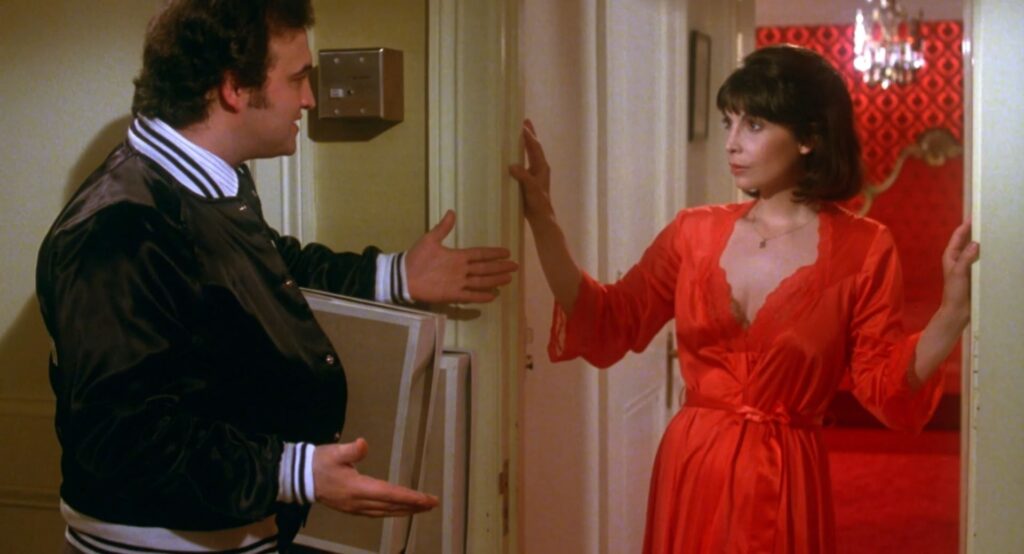
Neither the actress nor the character are willing to be boxed in, and Old Boyfriends understands the way so many relationships are an attempt to do just that particularly at this point in time. Even with her college boyfriend Jeff, the only truly great one of the bunch, her diary speaks to a truth so many young women feel in their bones: “The only man I’ve ever wanted to marry is Jeff, I’d be safe. But I can’t marry him. … There’s no way I can be myself and a wife, why does he think it’s so simple?” The separation between “self” and “wife” is a real one.They’re not diametrically opposed, it’s not impossible to have and be both, but the world we live in isn’t going to make that easy for you, either. It was true in 1979 and it’s true now.
This late-70s femininity still didn’t know how to juggle a woman’s infinite selves. Men at large were only just learning that they were actual people, anything more than that might as well have been quantum mechanics. Old Boyfriends doesn’t need Diane to fall weeping to her feet wondering what the hell went wrong. It doesn’t need her to beat her fists and scream or swap her skirts for men’s suits and throw the whole idea of womanhood out with the bathwater. She can investigate her feminine urges and what her journey to womanhood has been like with all the love and care it deserves.
That two men wrote the script, let alone that it was Paul and Leonard Schrader, feels almost unbelievable. Yes, the Schraders have an intimate understanding of the particular kind of selfish and shitty man on display here. There’s even an awareness that either (or both) have been (or are) this kind of man themselves. The script needs that kind of unflinching view of masculinity to function. But it’s Joan Tewkesbury’s direction that grounds it all in the reality of the feminine experience. With Tewkesbury, the camera sees Dianne the way Dianne sees herself.
She’s not an object to whom these experiences with men have merely happened. She’s an active participant both in the living of her life and the reshaping of its narrative. These men have no real control — they can only play whatever part she allows them to. That’s why Dianne and her voice-over narration dominate nearly every scene.
Old Boyfriends’s vision of womanhood, romance, and identity is a gift. Dianne’s determination to know herself is one to emulate, but more likely than not you’ll already see yourself in her. I know I do.
